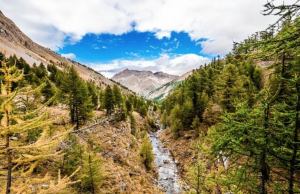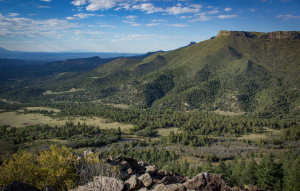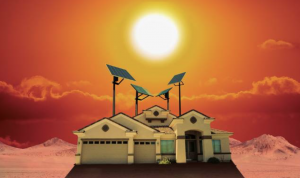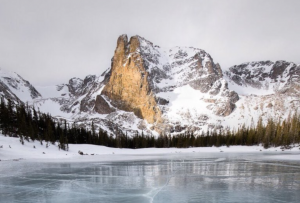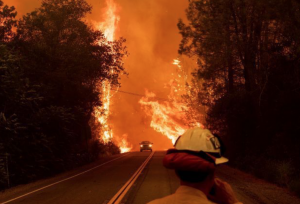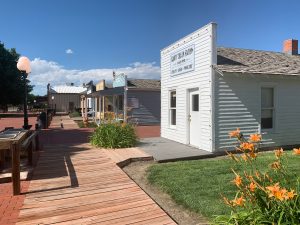 A recent trip to Kit Carson County explored how agricultural communities prepare for and respond to drought, and highlighted collaborative work done by leaders in public health, nonprofit work, education, and the faith community to support residents and promote opportunity in a rural setting.
A recent trip to Kit Carson County explored how agricultural communities prepare for and respond to drought, and highlighted collaborative work done by leaders in public health, nonprofit work, education, and the faith community to support residents and promote opportunity in a rural setting.
Community leaders emphasized that drought exacerbates challenges already facing rural communities, and that drought resilience is deeply intertwined with the work it will take to keep their towns thriving and competitive. Drought conditions have dominated the region’s past seven years, and many small-scale farmers have struggled to remain financially solvent. Drought-related stress has increased rates of anxiety and depression, and created an overall “down” atmosphere. Small businesses have had to deal with reduced foot traffic, as farming families look to reduce expenses.
Yet, bettering access to mental health services, providing opportunity for local business growth, and preserving the viability of small-scale farming are priorities for the county even in wetter years. For example, Communities that Care, a program run in conjunction with the Department of Public Health, is working to better access to early childhood care in the county—a key resource allowing families to seek dual sources of income. Concurrent enrollment through Morgan Community College allowed two Flagler students and five Burlington students to graduate high school this year with associate’s degrees. The Department of Public Health has integrated mental health check-ins into routine visits, in an effort to destigmatize mental illness and encourage community members to seek support when they need it. The Prairie Family Center, a local nonprofit, fosters community “togetherness”, offering financial assistance for families in short-term emergencies as well as classes on cooking, nutrition, and parenting. This year, they partnered with the Arriba-Flagler school district to bring a class called “all about being a teen” to fifth graders, providing important resources for navigating challenging teenage years.
Dawn James, director of the county’s Department of Public Health and Environment, put it this way: “drought is absolutely devastating to an agricultural community. In so many ways, not just financially, but it’s social, emotional, physical — the whole nine yards. And so, our role in public health is to have prevention services in place to be able to address all of those medical, physical manifestations that come from the effect of long-term drought.”
Leaders reiterated that the community derives strength from the engagement and involvement of local residents. Deena Ziegler, Executive Director of the Prairie Family Center, recalls: “It’s been thirty-something years since I graduated. One of our county commissioners graduated in my class. He left, and came back to raise his children here. The superintendent of Burlington schools graduated in my class, and came back to raise his children here. My husband and I left for twelve years, and we came back to raise our children here… Parents and grandparents know the beauty of it. So we’re giving back and volunteering.”
